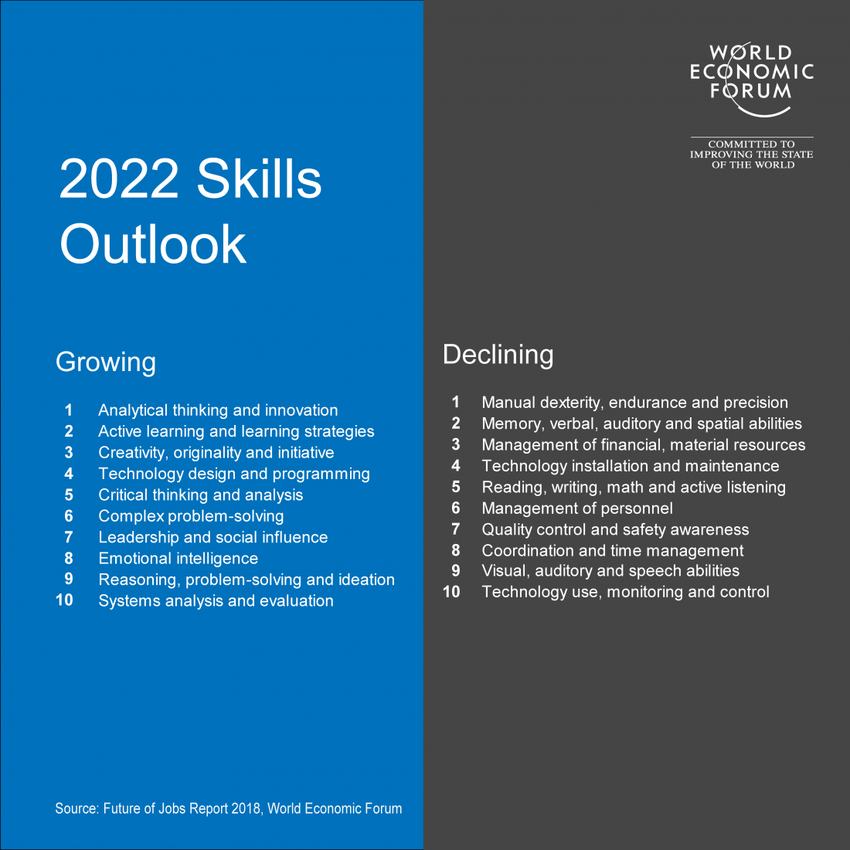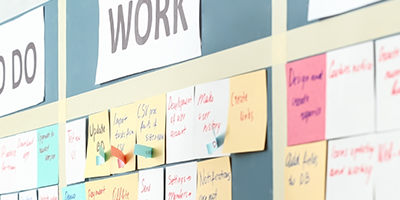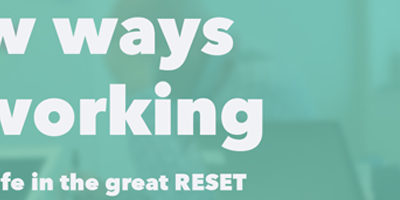Usually when we think of the “future of work”, we think of technology. We think telepresence, remote working, virtual reality and automation. If we stretch our thinking, we also start imagining future WAYS of working too. And that’s where process, big data, personalisation and artificial intelligence really start to cast a long shadow.
But much of this understanding of the future is rooted in our CURRENT ways of working. It is framed by what we do and how we do it, now.
The World Economic Forum’s Future of Jobs Report, however, challenges us to look towards near term horizons – 2018-2022. And the report asks us to consider not the technology nor the ways of working, but the skills we are going to need to be successful as individuals, as members of teams and as part of complex, connected organisations.
The report reveals that by as early as 2022, the skills required to perform most jobs will be transformed, with around 40% of core work skills changing. Some of these new skills have a technology and computational element, but what were once called “soft skills”, will become highly prized. These “human” skills include creativity, originality, initiative, problem solving and critical thinking. We also expect to see elements of emotional intelligence and leadership and the ability to influence, persuade and the dreaded “i” word – innovate – come to the fore.
For those thinking about the future – and that should be all of us – it’s time to build, hone and craft next generation skills. Or better yet, show your initiative by kicking off a side-hustle and build both skills and experience in the pursuit of your own ambition or dream. Get started here.




